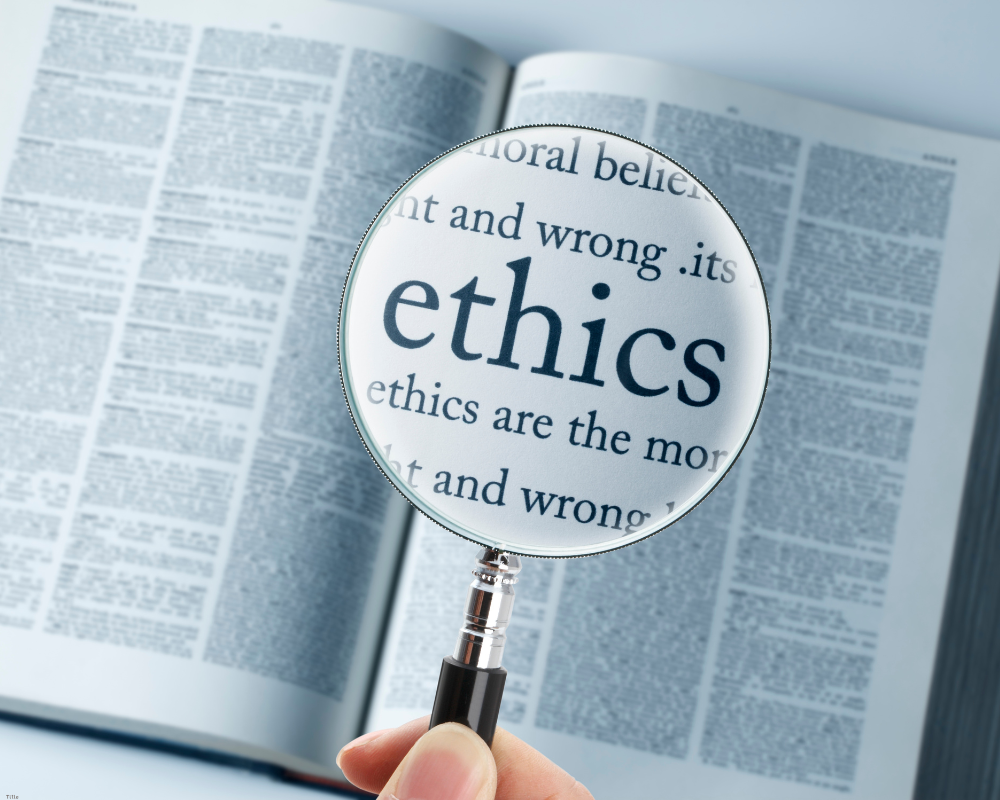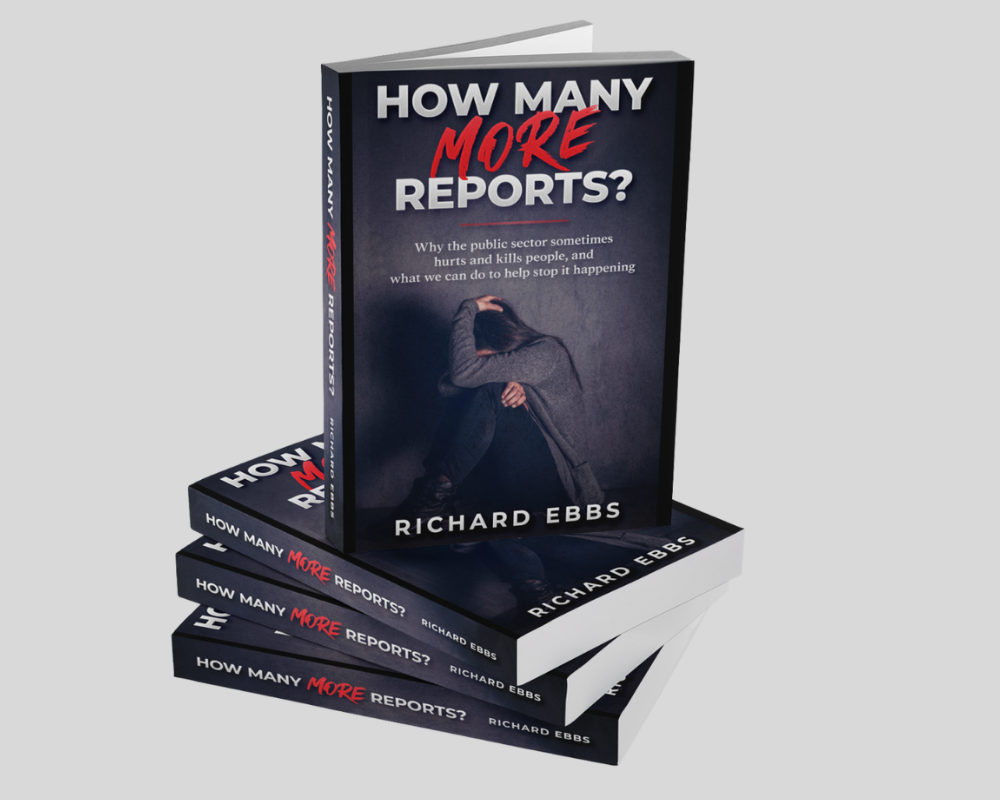In the book, I write about status, pecking orders, and their impact on us. One of the most visible of these, here in the UK, is our honours system.
On New Year’s Day and on the Sovereign’s birthday, a list of people is released who have been awarded an honour. This might be in recognition of charity work, public service, a notable contribution to a particular field, or for some other service or significant work. There are different types of honours available, which many of us in the UK are familiar with; Commander of the British Empire (CBE), Officer of the Order of the British Empire (OBE), and Member of the Order of the British Empire (MBE), are amongst the most well-known ones.
There are, of course, some other parts to it, too. A departing prime minister, for example, will often provide a list of nominations, and there are some honours that are in the gift of the sovereign, but I think the above paragraph sums it up, in general terms.
A committee then evaluates people nominated for an award, to ensure that only deserving recipients are chosen.
This note shows the expectations:
What behaviour is expected from a person who has an honour?
Both we and the wider community expect recipients of honours to be, and to remain, good citizens and role models. 1
That is how they are given, but can they be taken away? Yes, they can.
The Forfeiture Committee can consider cases where they believe the holder of an award might have brought the honours system into disrepute. There are also cases where this might be looked at automatically. They give examples of someone being imprisoned for over three months, or being guilty of certain sex offences, or when someone is censured or struck off by the relevant regulatory authority or professional body, for actions or failures to act, especially which are directly relevant to the granting of the honour. 2
The committee notes it does not carry out investigations, just considers the findings of official investigations to make recommendations whether the honour system might be brought into disrepute.
Of course, many reading this will know the recent case of Paula Vennells, who had been the chief executive officer of the Post Office between 2012 and 2019. During this time, the Post Office scandal had been proceeding at pace. Though the scandal was known about by some, it was broadcasting the TV mini series Mr Bates vs. The Post Office, which brought it sharply into focus and generated much widespread concern, even anger. Vennells, who left the Post Office before the series was broadcast, had been awarded a CBE, partly to recognise her service to the Post Office. In did not take long for the feelings of injustice to be transformed into an online petition. As the votes piled in from those demanding she be stripped of the award, she announced she would hand the award back. Though she handed the award back, it was still removed by an order from the sovereign.
This removal of an award is not as rare as you might think. Wikipedia provides a fascinating resource for those who are interested, and who have the best part of an hour to spare. They produce a list of many hundreds of people, going back centuries, who have been stripped of their titles. Bribery, fraud, corruption, indecent assault, sexual assault, child molestation, contempt of court, and much, much more.
Which brings me round to my point. There are some who do not believe or support our system, and for different reasons. Some individuals have refused offered honours, and a few, like John Lennon, have returned them. Others don’t like them because of the word ‘empire’, which appears in a number of the honours. It is, though, the only public, nationwide honours system we have, and it has a high level of public awareness.
I don’t know what are expectations are about the conduct we expect of a footballer, or a pop, or film star, I really don’t know. Each of us, I guess, might have our own particular view on that, dependent on many factors. I do, though, know what I want and expect from those in public service.
They should be strong on ethics. I would like to think and hope that it matters to them a great deal. When, for many years, we have seen inquiry after inquiry after inquiry, there should be nothing more important in public service than integrity & ethics. I suspect I am not alone in hoping for this. What a shame that amongst the assorted wording of these awards that they don’t get a mention. Maybe it isn’t a big deal for those who can repeatedly score hat tricks for the England football team, or those who score back-to-back centuries at every cricket ground they visit. We might celebrate those, but it is for their skill, coordination and success, not necessarily for their integrity & ethics. In public service, though, I think we are missing a trick by not putting those qualities above all else.
‘You are being recognized for upholding the highest standards of ethics within the public sector, and for ensuring that others adhere to those same standards.’ They cannot say they weren’t sure, or they thought this, or that. It makes it their business to dive in and understand what is happening and to uncover and deal with problems. It means that those in service, who are eyeing the big prize on the horizon, know they must get involved. They must root out wrongdoing, dangerous practice and misconduct. They will be held to account, and they, and everyone else knows that.
Their honour depends on it.
Content provided under Open Government Licence v3.0
- Ibid




